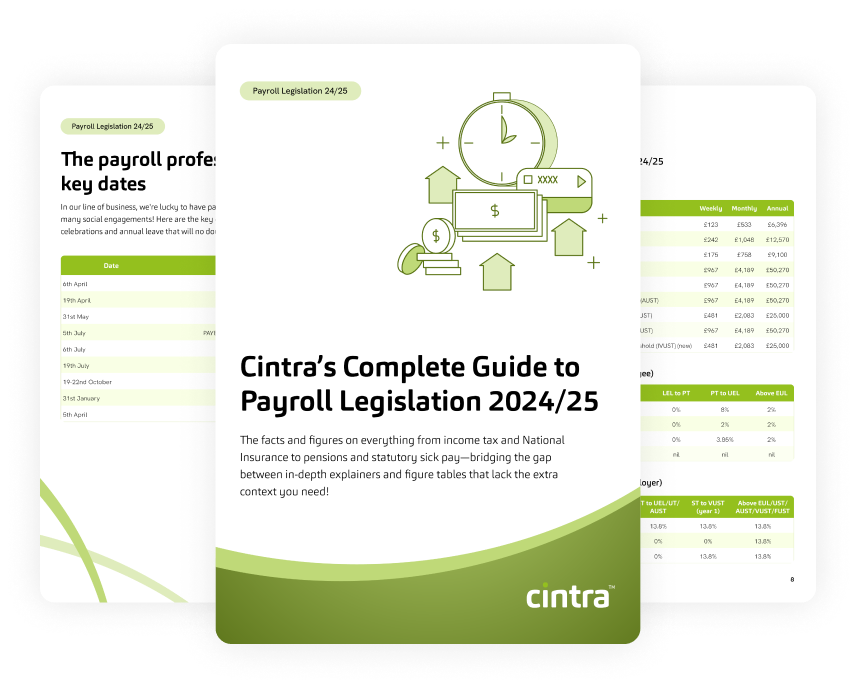An annual pay rise holds significant importance for employees as it directly impacts their financial well-being and serves as a reflection of their contribution to the organisation.
Beyond being a means to keep pace with the rising cost of living, a salary increase is a tangible recognition of an individual’s skills, dedication, and overall performance in the workplace.
For employees in the UK, a higher annual pay rise not only enhances their standard of living but also contributes to job satisfaction and serves as a motivating factor.
So let’s look at what the stats say about the average expected pay rise in 2024!
What salary increases can UK employees expect in 2024?
In 2024, UK employees can anticipate an average salary increase of 4.4%, according to recent projections.
This figure represents a decrease from the previous year’s average increase, which peaked at 5.1% in 2023. The decline in salary budgets suggests a shift in the economic landscape, with employers adjusting their financial plans in response to various factors influencing the job market and overall economic conditions.
“While we are seeing lower salary increases forecasted for next year, they’re still well above the ones we’ve seen for the last 10 years. This shows that companies are striving to stay competitive in a dynamic work climate. Those companies that have a clear compensation strategy as well as a good understanding of the factors affecting it will be more successful attracting and retaining employees while keeping pace with an evolving environment in which yesterday’s certainties no longer apply.” Paul Richards, WTW, a leading global advisory, broking and solutions company.
What are the main drivers influencing changes in salary budgets?
Following “The Salary Budget Planning Report” a survey compiled by WTW’s Reward Data Intelligence practice – where approximately 3142 organisations in the UK were questioned – the main drivers influencing changes in salary budgets are:
- Inflationary pressure: Cited by nearly three-quarters (71%) of UK employers surveyed, indicating its significant impact on budgetary decisions.
- Tighter labour market: A concern for 54% of employers, highlighting the influence of market conditions on salary adjustments.
- Employee expectation: Noted by 27% of respondents, indicating that the expectations of the workforce play a role in shaping salary budgets.
- Anticipated recession or weaker financial results: A factor for 23% of employers, suggesting a cautious approach in response to economic uncertainties.
- Concerns related to cost management: A consideration for 20% of respondents, reflecting the importance of managing expenses in salary budget planning.
“It takes more than compensation to attract and keep great talent, and the past few years have pressed companies to be more resourceful. As workforces become more diverse, demanding and dynamic, the key is understanding their specific needs and preferences while providing the desired employee experience and careers within the company.” Said Richards.
10 best practises you can implement to prepare for annual pay rises
- Conduct market research: Regularly research and stay informed about industry and market salary trends to ensure your pay rates remain competitive.
- Establish clear pay policies: Clearly define your organisation’s pay policies, ensuring transparency and fairness in the process of determining annual pay rises.
- Performance reviews and goal setting: Tie pay increases to performance evaluations, encouraging a results-driven culture and linking individual contributions to salary adjustments.
- Employee feedback surveys: Gather feedback from employees about their expectations and perceptions regarding compensation, providing insights for fine-tuning pay rise strategies.
- Benchmarking against competitors: Compare your salary structures with industry competitors to identify areas for improvement and ensure your organisation remains attractive to top talent.
- Regular compensation audits: Periodically review your compensation practices to identify any potential disparities or inconsistencies and address them proactively.
- Transparent communication: Clearly communicate the criteria and processes for annual pay rises to employees, fostering a sense of trust and understanding within the workforce.
- Budgeting and financial planning: Integrate pay rise budgets into your overall financial planning, ensuring that the organisation can sustain salary increases without compromising financial stability.
- Non-monetary recognition programs: Supplement annual pay rises with non-monetary recognition programs, such as employee-of-the-month awards or flexible work arrangements, to enhance overall job satisfaction.
- Regular performance feedback: Implement regular performance feedback sessions throughout the year, facilitating ongoing communication and ensuring that employees are aware of their progress toward earning a pay rise.
Empower your payroll with Cintra
Choosing Cintra for payroll management is a strategic decision that empowers you to navigate the complexities of payroll with unmatched efficiency and confidence, offering both outsourced and in-house payroll solutions.
- Automate the payroll process
Smart workflow management features save you time and stop you from getting bogged down with repetitive tasks.
- Automatically calculate backdated pay
We are date-driven, meaning you can recalculate payments based on date entry—saving on manual input and allowing backdated pay to be delivered without fault.
- Reduce errors with auto-calculations
From tax to pensions to student loans, our auto-calculations take away the risk of manual errors.
- Accessible whenever and wherever your team need it
We are fully cloud-based, meaning all of your users can access the info they need from anywhere, on any device, adding extra accessibility and efficiency to your payroll cycle.
If you’d like to find out more about how we can help transform your payroll and HR functions, we’d be delighted to arrange a demonstration.


